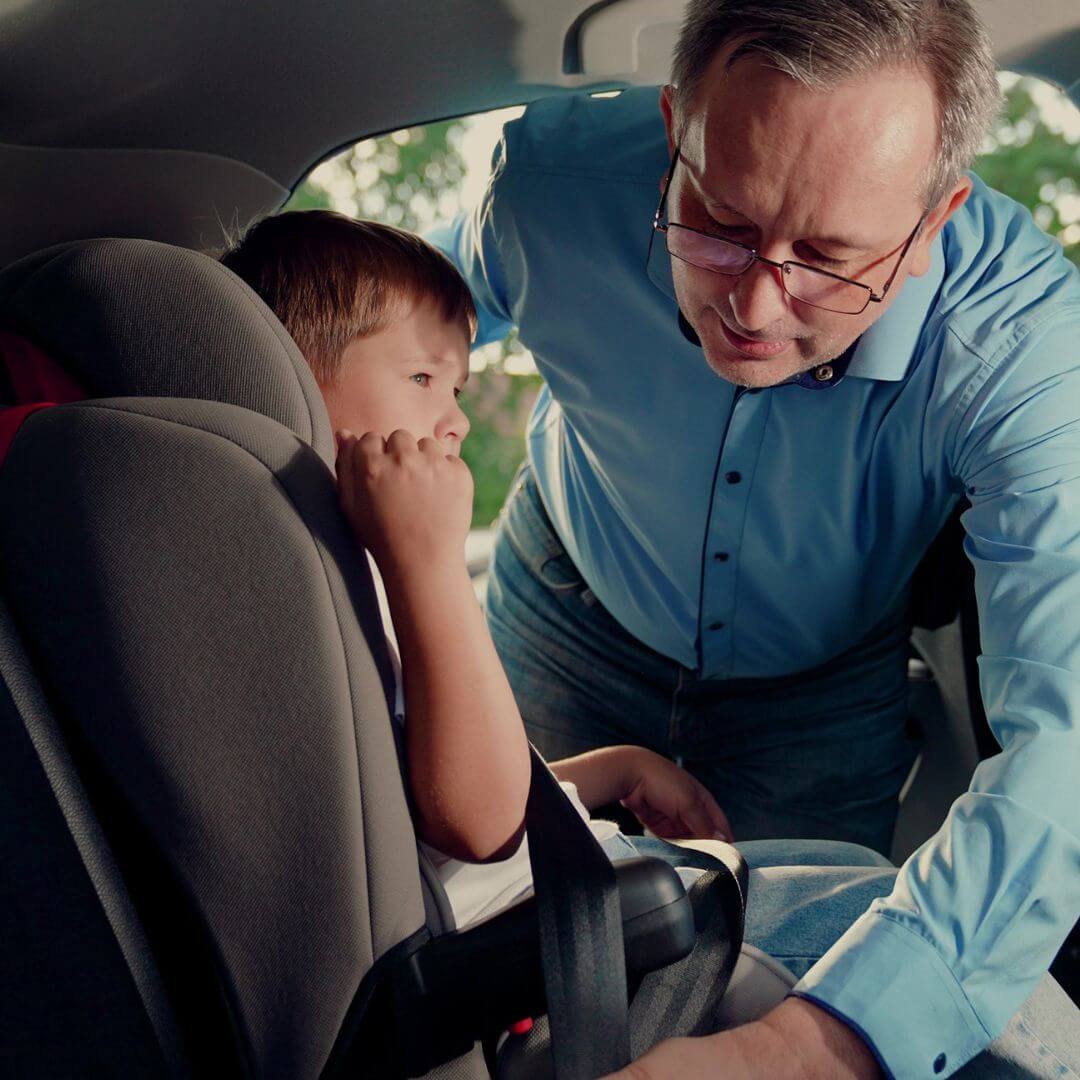Autism and Transitions: Why Change Is Difficult and Structure Matters
September 23, 2025
September 23, 2025

If your child has autism, you may have noticed that even small changes – like turning off the TV, switching activities, or leaving the house – can feel overwhelming. These moments, known as transitions, are often some of the biggest challenges for autistic children and their families.
To better understand why task switching can be tough and why routines often bring comfort, we spoke with Hopebridge Regional Board Certified Behavior Analyst (BCBA) Khloe Mossman, who has spent years helping children and families across North Carolina and East Tennessee build strategies that make daily life smoother.
In this post, we’ll explore why transitions are difficult for children with autism and why many thrive in structured routines. In our next post, we’ll also share practical strategies for managing change with less stress, plus insight around how applied behavior analysis (ABA) techniques can support families with transitions.
Transition difficulties can be a sign of autism, which include restricted and repetitive patterns of behavior, interests or activities.
As part of the diagnostic criteria of autism spectrum disorder (ASD), this can look like:
“Sometimes transitions are easy when you’re moving from something ‘meh’ to something you love,” explains Khloe. “But kids are often asked to shift from something they really enjoy to something less motivating, and that’s when it gets hard.”
On top of this, communication challenges play a role. Some children may not have the words to say, “When can I come back to this?” or “Please don’t cut me off mid-song.” Not knowing if or when an activity will return can make the change feel even bigger. Even for children who do understand, waiting for that next time can be tough!
We tend to think of major transitions, like leaving the house to go outside or attending a new school, but those seemingly “minor inconveniences” can also cause stress.
Task switching struggles don’t just affect the moment—they can spill into the next activity and beyond.
Some examples of challenges kids with autism might experience while switching tasks include:
“The impact compounds,” says Khloe. “Even if one transition takes place, the next expectation might not be successful. If they are not in the right headspace, it can carry over into the next activity.”
While change can feel overwhelming, routines offer clarity, predictability and security.
“In the abyss of ambiguity, routines are clear and reliable,” says Khloe. “Once a child learns that dinner is always followed by playtime, they feel more confident about what’s coming next.”
Once they build tolerance or expectation, it comforts them to know what is coming afterward. On the contrary, once that routine is disrupted, it becomes unknown—which can feel a little scary.
Routines can also bridge communication skills for children who have limited language skills, whether they have difficulties expressing themselves or understanding others. Without words, a structured schedule lets them know, “This is what we’re doing now, and here’s what comes after.”
The transition process may always be a little tricky, but with the right strategies and therapies, they can become manageable – and even empowering – for children and their families.
Our clinicians are ready to help manage transitions and build more skills that support your child’s future.
At Hopebridge Autism Therapy Centers, our team of BCBAs, speech-language pathologists (SLP) and occupational therapists work together to support kids through transitions in therapy, daily life and school preparation.
Learn more about how autism testing, ABA therapy, occupational therapy and speech therapy can help your child, whether you’re in North Carolina, Indiana, Arizona or one of our many other locations across the country by visiting hopebridge.com/contact.
*Informed consent was obtained from the participants in this article. This information should not be captured and reused without express permission from Hopebridge, LLC. Testimonials are solicited as part of an open casting call process for testimonials from former client caregivers. Hopebridge does not permit clinical employees to solicit or use testimonials about therapeutic services received from current clients (Ethics Code for Behavior Analysts 5.07-5.08; BACB, 2020). Hopebridge does not provide any incentives, compensation, or renumeration for testimonials provided by a former client or client caregiver.
Autism Therapy
October 02, 2020
Community Donations Spark Real-Life Learning Opportunities for Kids with Autism
Autism Therapy
June 15, 2018
What is Natural Environment Teaching? Learn from a Hopebridge BCBA Series
Autism Therapy
July 17, 2018
What is Pivotal Response Training? Learn from a Hopebridge BCBA Series